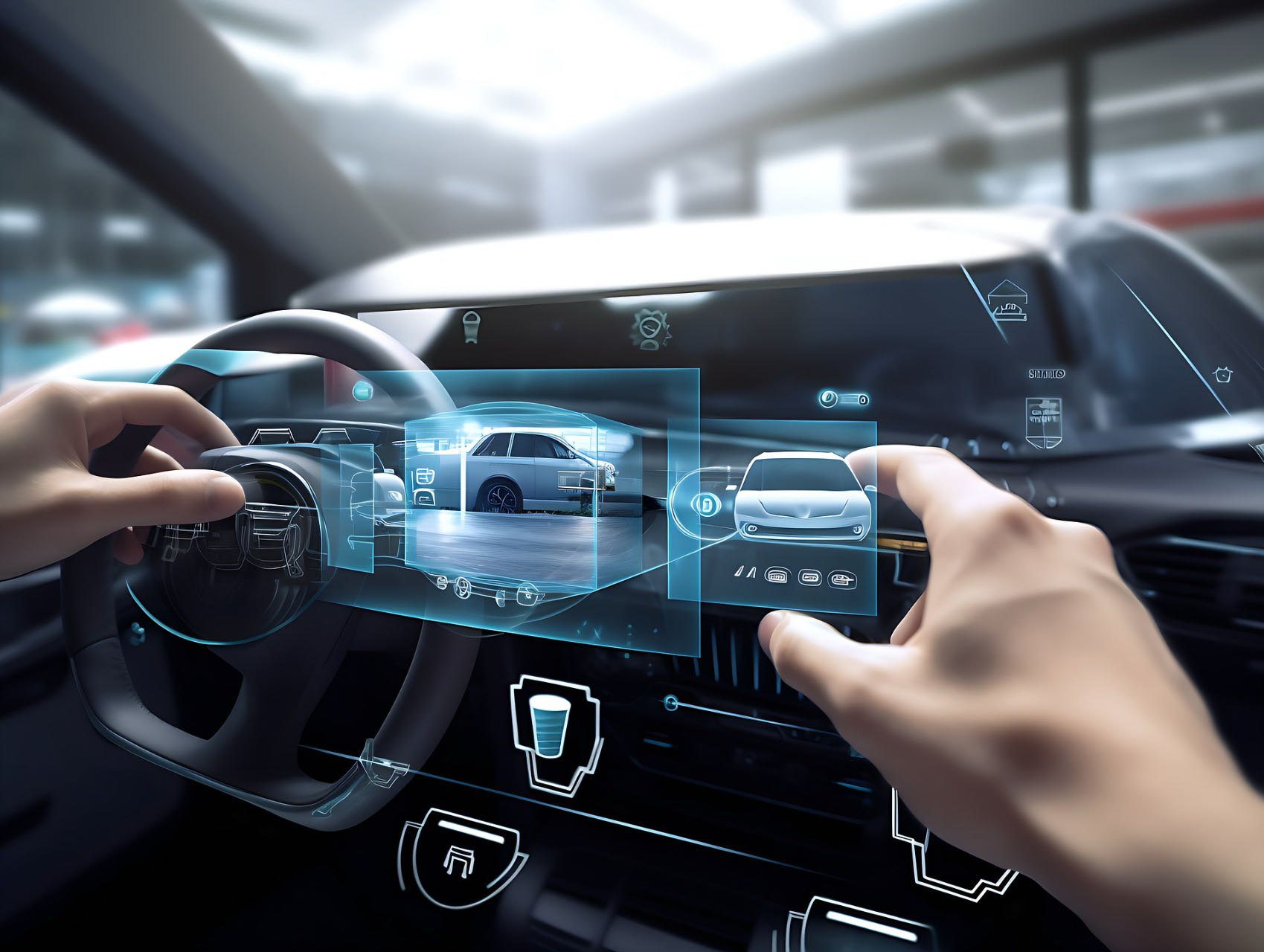Professor JIANG Wei: How to Reach the "Intelligence Apex" in Autonomous Driving? 2024-01-25
Recently, at the "Smart Driving" forum titled "Towards the 'Intelligence Apex' of Autonomous Driving," co-hosted by Haifutong Fund and Shanghai Securities News, experts heatedly discussed the development status of intelligent driving. Participants included Jiang Wei, Professor at Antai College of Economics and Management, Shanghai Jiao Tong University, and head of the Intelligent Networked Automobile Industry Team at the Industry Research Institute; Yin Wei, Senior Manager of Autonomous Driving Software at Zhiji Intelligent; and Liu Yiming, Chief Analyst of the Automotive Industry at Haitong Securities Research Institute. They analyzed the current state of the industry and projected future developments.
From L2 to L3 in Autonomous Driving
In November, a notice issued by the Ministry of Industry and Information Technology and three other ministries clarified that smart connected vehicles that qualify can conduct on-road trials in designated areas. This indicates a transition from L2 to L3 level in autonomous driving.
Jiang Wei explained, "The difference between L2 and L3 lies in the responsibility bearer. At L2, humans are the primary agents of driving, while at L3, they can divert their attention from driving and only play a supervisory role. This shift means that the L3 level must assume most responsibilities for the autonomous driving system." Yin Wei added, "If L2 autonomous driving is like having machines participate in human driving control, requiring close monitoring of the vehicle's status, then L3 implies that humans need not invest much effort in vehicle supervision."
"It's important to note that L3 is not a fixed point but a developmental phase. It's akin to climbing a slope, evolving from the early stages of L3 to higher stages, and gradually progressing towards L4," said Yin Wei. Ensuring passenger safety in extreme situations, systematically addressing various issues in autonomous driving, and meeting safety needs within a controlled budget are all critical considerations.
The industry is closely watching the implementation of L3. Liu Yiming believes that following the issuance of the notice, there's increased confidence in the rollout of L3, which is expected to start in restricted areas and gradually expand to broader scenarios. Jiang Wei is optimistic about the L3 deployment, predicting an increase in L3 autonomous vehicles in super-first-tier or first-tier cities within the next 2-3 years. Pilot projects like autonomous buses will provide technical accumulation for advancing L3. In the future, the application of L3 will spread from large to medium and small cities.
Yin Wei shared that SAIC Group has proactively positioned itself in the AI industry, with Zhiji Motors initiating L3 autonomous driving access pilot projects. The extensive technical experience gained from operating L4 autonomous taxis supports Zhiji Motors in developing L3 technologies. Currently, Zhiji Motors is among the first batch of brands to receive L3 high-speed road autonomous driving test licenses in China. As a pioneer in domestic brand L3, Zhiji Motors is quickly entering the fray to compete for the "intelligence apex" in autonomous driving technology.
Enhancing Acceptance of Commercial Models: Insurance Industry May Witness New Growth
Advancing new developments often faces challenges. "For autonomous driving, the bottleneck first comes from the consumer end. How consumers perceive intelligent products is a key issue for manufacturers," said Jiang Wei. Safety is at the core of autonomous driving development. "While no technology guarantees 100% safety, ensuring the safety of intelligent driving technologies upon implementation is crucial, as is considering how to make consumers accept such a commercial model," added Yin Wei. Users also need to enhance their understanding of the product's limits and use the L3 system correctly, which is vital for companies to communicate clearly.
Jiang Wei noted that the insurance industry might become a means to promote societal acceptance of autonomous driving. Presently, companies like Tesla, SAIC, and GAC have made moves in insurance. It is believed that further implementation of L3 will bring new developments in the insurance industry.
"From a technical perspective, the key for companies lies in adapting to rapid iterations of methodologies. Currently, automotive companies are shortening their R&D thought processes and algorithm iteration cycles, requiring an entirely new methodology," said Yin Wei.
Despite developmental challenges, guests remain optimistic about the autonomous driving market in the long run. Jiang Wei expressed that many consumers are willing to embrace new technologies and are not very resistant to intelligent devices, believing that autonomous driving will bring significant changes to people's lives. Yin Wei emphasized the key value of intelligent driving lies in saving effort and freeing the mind, thereby creating more value with time. From an experiential perspective, as autonomous driving technology stabilizes, people will enjoy a more comfortable "driving" experience. Liu Yiming analyzed that once L3 vehicles are introduced, the industry might make a more appropriate judgment on their specific market.
Investors Focused on the Transformation of the Automotive Industry Chain
"Today's trend towards automotive intelligence is bringing massive changes to the automotive industry," said Jiang Wei.
Regarding investment focus, Liu Yiming noted the transformation of the automotive industry chain is crucial. Recently, several car manufacturers have obtained L3 autonomous driving test licenses, and the industrialization of autonomous driving is expected to accelerate.
Liu Yiming stated that on one hand, technological upgrades brought by L3 have raised industry barriers; on the other hand, the rapid iterations are beneficial for a group of excellent Chinese component companies to "emerge." Compared to foreign companies, domestic brand component enterprises have advantages in cost-effectiveness, service, and response speed, and the technological gap is gradually narrowing. It's evident that amidst current industry technological iterations and development, Chinese companies are leveraging intelligent technology changes for a "shortcut" in competition.
"Additionally, the complexity of intelligence has given rise to many new opportunities. For instance, sensors are not limited to lidar and millimeter-wave radar. The needs of L3 actuators and controllers for sensors are driving the development of enterprises in niche areas," said Liu Yiming.






